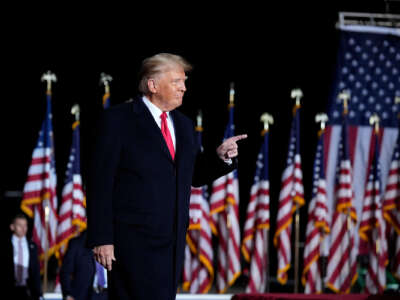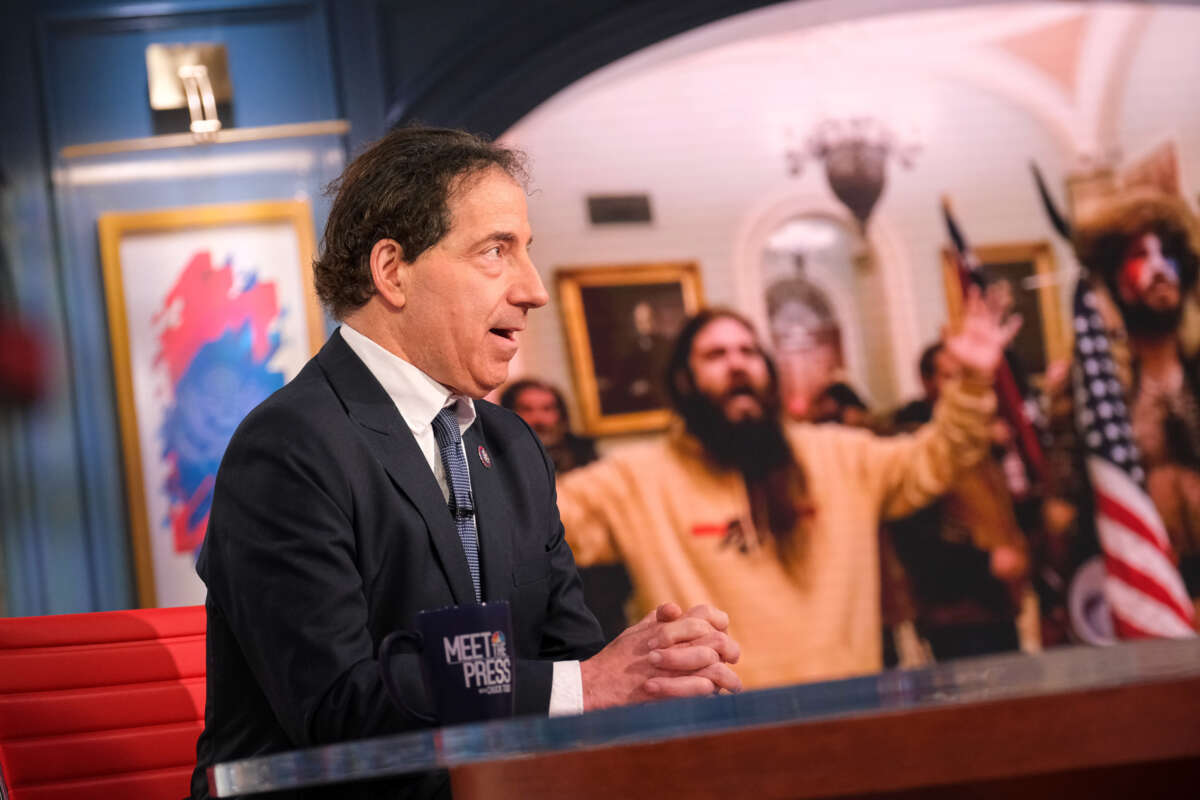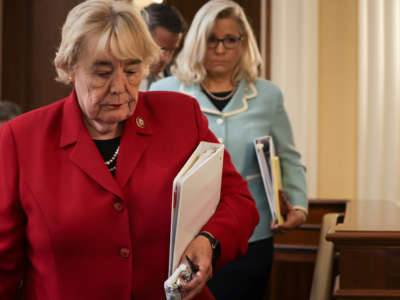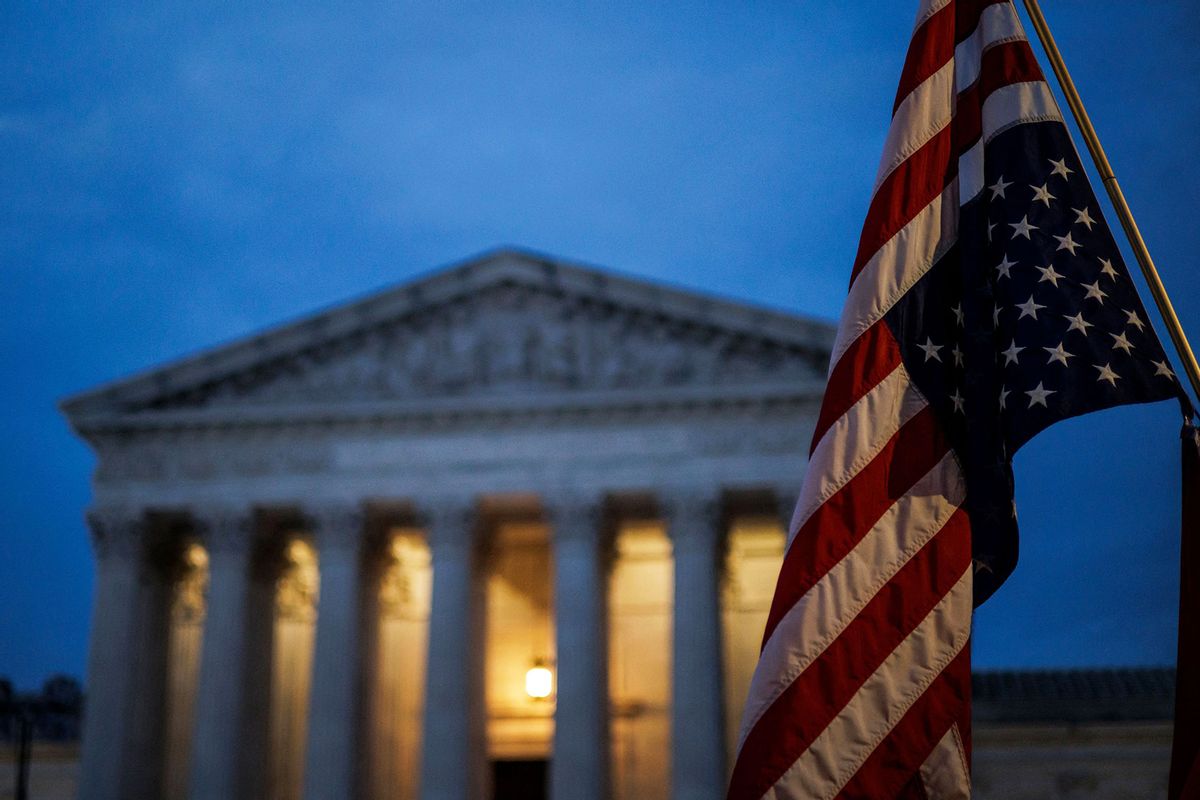Negotiations will take place in 2023 for some of the biggest contracts in the labor movement, including at UPS and the Big Three automakers.
Workers are hoping to take advantage of a tight labor market to reverse years of concessions and win big raises to help cope with inflation. New leaders in the Teamsters, and potentially the Auto Workers (UAW), have promised to put up a more aggressive fight.
UPS
The Teamsters contract covering 340,000 package car drivers and warehouse workers at UPS expires July 31. New Teamsters President Sean O’Brien has promised the union will be ready for the first strike against the parcel giant since 1997.
“The days of concessions and walking all over our members are over,” he said in August, kicking off the contract campaign. “We won’t extend negotiations by a single day. We’ll either have a signed agreement that day or be hitting the pavement.”
Among the issues are excessive overtime, low pay for part-timers, subcontracting, driver-facing cameras, and ongoing harassment by supervisors

The First Big Strike of 2023 May Happen Behind Prison Wall
The new year is set to kick off with a statewide strike by incarcerated workers in Pennsylvania. December 27, 2022
There’s a target on two-tier. Already infesting UPS facilities, two-tier was expanded in 2018 to create an underclass of package car drivers. That contract was so unpopular that the old Teamster leaders could impose it only by invoking an undemocratic two-thirds-to-reject rule. That language was repealed at the 2021 convention.
Auto
The Big Three contracts, covering 150,000 auto workers at Ford, General Motors, and Stellantis (formerly Chrysler), expire on September 14.
Members are hungry for a new direction — that is clear from the results of the recent UAW elections.
Among the issues in negotiations will be two-tier wages and benefits — new hires start at just $17 an hour and get a 401(k) instead of a pension — and winning back cost-of-living adjustments. Job security will also be a major issue, as the industry shifts to electric vehicle production.
Postal
The contract covering 200,000 city letter carriers expires May 20. (Postal workers, the nation’s largest union workforce, are split among four unions.)
Understaffing is severe. Letter carriers are working till long after dark, with few days off. New hires start on a lower tier and are made to work Sundays delivering for Amazon; turnover is high.
If ever there was a year to defeat two-tier, this is it — the Postal Service is so desperate that in some areas it’s already hiring straight into tier one. And high-profile contract battles against two-tier at UPS and the Big Three should put the wind in labor’s sails.
A letter carrier strike is highly unlikely, though — not only because it’s illegal (which didn’t stop the great postal strike of 1970) but also because this not a union that mobilizes. Last time around there was no survey on bargaining priorities, never mind rallies or shop floor action. Prove us wrong!
Caterpillar
UAW contracts covering 5,000 workers at heavy equipment manufacturer Caterpillar in Illinois expire on March 1.
The 2021 John Deere strike, where workers won immediate 10 percent raises and preserved the pension for new hires, will likely serve as inspiration. Meanwhile, 1,100 UAW members at CNH in Iowa and Wisconsin have been on strike since May over three-tier wages (lower than their counterparts at CNH’s non-union plants) and forced overtime.
Caterpillar has viciously fought its unions for 30 years; the company is already training managers and has begun its fearmongering campaign in case of a strike.
Locomotives
The United Electrical Workers (UE) contract covering 1,400 locomotive manufacturing workers in Erie, Pennsylvania, is up on June 9.
Workers there struck for nine days in 2019 and beat back most of the concessions being pushed by new owner Wabtec, which had bought the plant as part of its purchase of GE Transportation. Wabtec was attempting to impose a new contract that instituted mandatory overtime, slashed pay for new hires and recalled workers, and allowed the company to hire non-union temps for 20 percent of the plant’s jobs.
Keeping jobs in Erie is a longstanding issue at the plant; Wabtec operates a nonunion factory in Texas. The union is backing efforts to force railroads to swap older, dirty locomotives for new green locomotives that could be produced in Erie.
GE
The contract covering 3,000 members of International Union of Electrical Workers (IUE-CWA) locals at several General Electric manufacturing facilities expire on June 18. They make jet engines, among other things.
GE union members from as far away as Kansas and Kentucky rallied at the company’s headquarters in Boston in October demanding the company invest more in its U.S. plants, including adding thousands of jobs to recently closed plants.
Workers are also pushing for cost-of-living increases and more affordable health care. Earlier this year GE announced plans to split its remaining assets into three separate companies — aviation, health care, and power — which the union says is just another scheme to reward Wall Street.
Airlines
The five unions at United Airlines, including the Flight Attendants (AFA-CWA), Machinists, the Airline Pilots Association, the Teamsters, and a union of flight dispatchers, just announced they have formed a new coalition to coordinate bargaining. The pilots overwhelmingly rejected a contract offer.
Contracts have expired for most of these unions, but bargaining is governed by the lengthy process laid out under the Railway Labor Act.
Over at American Airlines, the flight attendants are picketing to protest overwork, exhaustion, and health care costs as they negotiate their contract. The pilots’ contracts are outstanding at American and Southwest, too.
Education
Members of United Teachers of Los Angeles have been working under an expired contract since June. They are pushing for a 20 percent raise over two years, smaller classes, and less standardized testing.
The 30,000 teachers at the nation’s second-largest school district struck for nine days in 2019, winning class-size reductions and a commitment from the district to provide a nurse in every school and a librarian in all middle and high schools.
In New York City, the nation’s largest school district, 110,000 educators are also working under an expired contract.
Meanwhile, 3,700 teachers in Portland, Oregon, are gearing up for a major contract mobilization; their agreement expires in June.
Other Expired Contracts
The 22,000 Longshore (ILWU) union members at West Coast ports are working under a contract that expired in July. Issues include jurisdiction, wages, benefits, and automation.
NewsGuild members at the New York Times staged a one-day strike December 8; their contract has been expired since March 2021.
First Contract Fights
Some of the biggest fights in 2023 are likely to be around first contracts. That includes the 7,000 Starbucks workers who have voted to unionize, as well as workers at Trader Joe’s, REI, and Amazon.
Have a contract expiring in 2023 (or 2024) you want to tell us about? Write to dan@labornotes.org.
A version of this article appeared in Labor Notes #526, January 2023. Don’t miss an issue, subscribe today.











